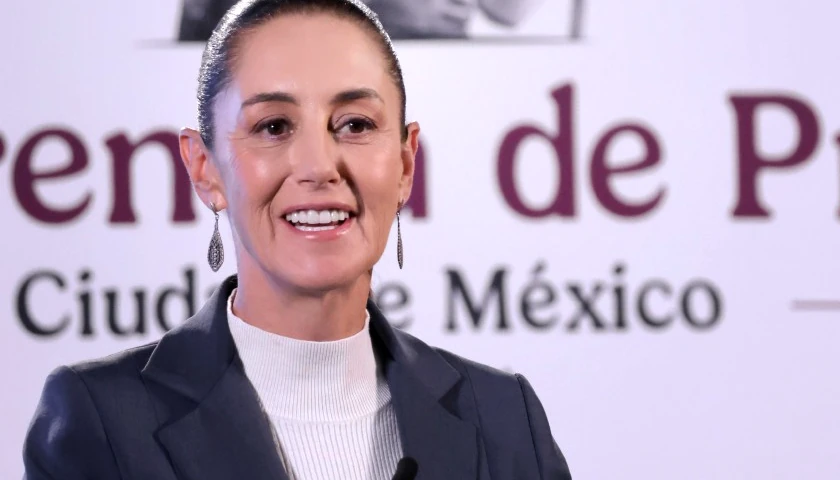by Jon Styf
A U.S. District Court judge has granted an injunction, ruling the Tennessee state court’s Advisory Commission must open its meetings to the public either in person or via livestream after a lawsuit filed by The Center Square.
Dan McCaleb, vice president of news and content, sued the Tennessee Administrative Office of the Courts to open the meetings based on The First Amendment as the commission recommends rules of practice and procedure in the Tennessee state courts.
“We are pleased with the court’s decision in this case,” McCaleb said. “A democracy only works when government – all three branches of government, including the judiciary – operates in the open. Because of this ruling, the Tennessee judiciary is now more open to public scrutiny.”
U.S. District Judge Eli Richardson ruled that portions of the meetings can be closed on a “case-specific basis” if the commission can justify the closure. But the meetings should be open in general.
“The public interest lies with opening these meetings, not only to prevent the First Amendment violation but also for the reasons outlined above in the ‘logic’ prong of ‘experience and logic,’” Richardson wrote.
Liberty Justice Center Senior Attorney Buck Dougherty, who represented The Center Square, said the ruling is different from open meetings law in that it opens the meetings, which include both judges and attorneys, based upon The First Amendment.
The Advisory Commission meets and then proposes court changes that it passes along to the Tennessee Supreme Court, which then sends the recommendations to Tennesssee’s General Assembly to create changes to law.
“We think it’s pretty significant,” Dougherty said. “It’s good for people to know what rules are being implemented and imposed that litigants have to follow.”
Dougherty said that the meetings can be compared to The Standing Committee of the U.S. Supreme Court, which holds open meetings. He added that, while most other states have similar committees, he is unaware of any other court rulings on whether those state meetings should be open and thus this case could set a court precedent for state court advisory committees.
Dougherty explained the judge used the “experience and logic” test that was first applied to access a 1980 murder trial in Richmond, Virginia. The experience portion took into account the Standing Committee meetings and the logic portion took into account the public benefit of opening the meetings.
Richardson ruled that it was not burdensome for the Administrator of the Courts to at least livestream the meetings, which it already does with other committees. He also ruled that The Center Square’s lawsuit was likely to succeed and that failing to grant the injunction would cause irreparable First Amendment injury.
“Opening rules advisory committee meetings, whether at the federal or state level, not only creates transparency and public confidence, it likely creates better rules,” Richardson wrote.
– – –
Jon Styf is an award-winning editor and reporter of The Center Square who has worked in Illinois, Texas, Wisconsin, Florida and Michigan in local newsrooms over the past 20 years, working for Shaw Media, Hearst and several other companies.








